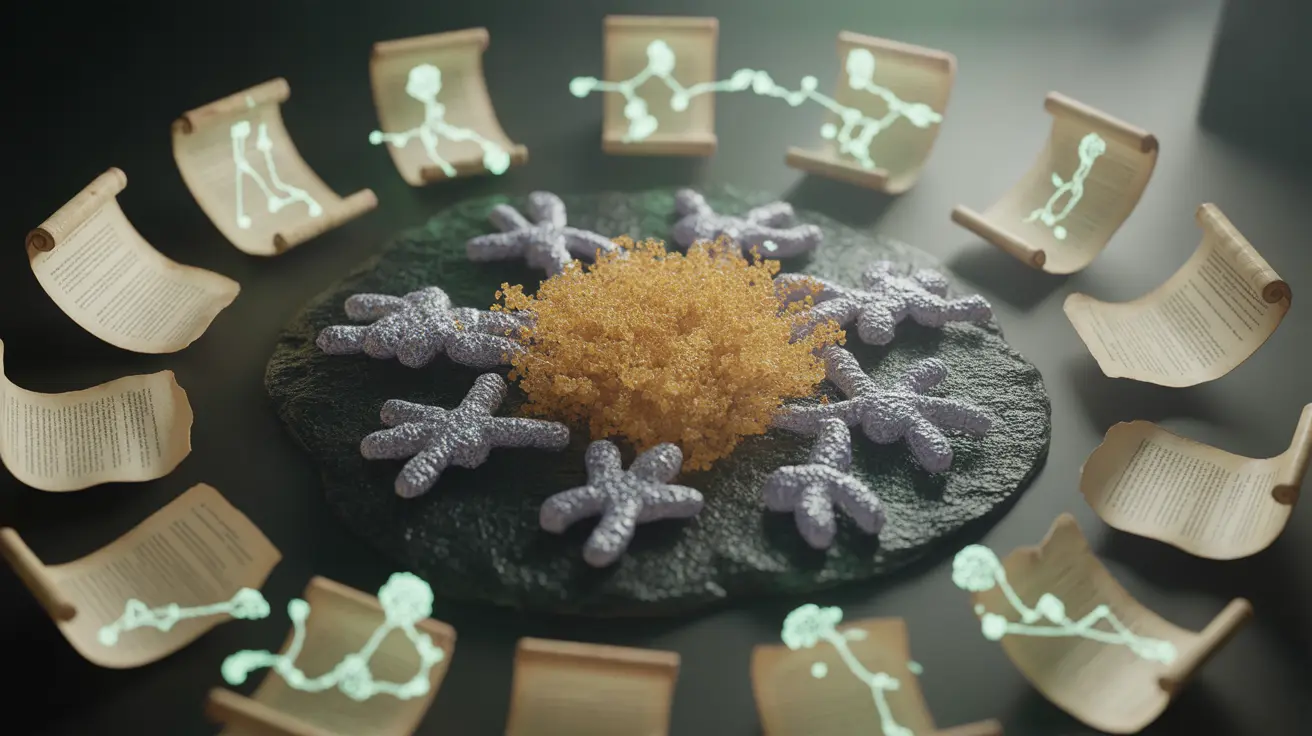For thousands of years, myrrh has captivated human imagination, transitioning from a precious gift in ancient times to a subject of modern scientific investigation. This aromatic resin, derived from Commiphora trees, has a rich history of medicinal use that continues to intrigue researchers and health enthusiasts alike. While its biblical and historical significance is well-known, contemporary science is now exploring the potential health benefits hidden within this ancient substance.
From traditional medicine to cutting-edge medical research, myrrh represents a fascinating intersection of historical wisdom and modern scientific inquiry. This article delves into the complex world of myrrh, examining its traditional uses, emerging medical applications, and the scientific evidence supporting its potential therapeutic properties.
The Origins and Traditional Uses of Myrrh
Myrrh has been a valued substance in human cultures for millennia, with its origins tracing back to regions of the Middle East and Northeast Africa. Traditionally, this aromatic resin was prized not just for its fragrance, but for its diverse applications in medicine, religious ceremonies, and personal care.
Oral Health and Antibacterial Properties
One of the most practical traditional uses of myrrh has been in oral hygiene. Its natural antibacterial properties make it a popular ingredient in mouthwashes, gargles, and toothpastes. Practitioners of traditional medicine have long recommended myrrh for addressing mouth ulcers, promoting gum health, and combating oral bacterial infections.
Emerging Medical Research on Myrrh
Cancer Research Potential
Some of the most exciting contemporary research surrounding myrrh focuses on its potential anti-cancer properties. Laboratory studies have shown promising initial results, particularly in relation to prostate and colon cancer. Researchers have discovered that myrrh-derived compounds may inhibit cancer cell proliferation and disrupt androgen receptor signaling, which could be crucial in understanding cancer growth mechanisms.
Anti-Inflammatory and Healing Properties
Beyond cancer research, myrrh has demonstrated potential anti-inflammatory effects. Animal studies suggest that mixtures containing myrrh might help alleviate neuropathic pain and enhance wound healing by stimulating fibroblast activity. However, it's critical to note that while these findings are promising, more comprehensive human clinical trials are needed to definitively establish these benefits.
Scientific Limitations and Future Research
Despite the intriguing potential of myrrh, scientists emphasize the importance of cautious interpretation. Current research is limited by small study sizes, lack of extensive human trials, and the need for more robust clinical evidence. While preliminary findings are encouraging, myrrh's medicinal applications remain an evolving field of study.
Frequently Asked Questions
What are the proven health benefits of myrrh and what conditions can it treat?
Currently, myrrh's proven health benefits are limited. While laboratory studies suggest potential anti-inflammatory and anti-cancer properties, these have not been conclusively demonstrated in large-scale human clinical trials. Traditional uses include oral health care and wound treatment, but more research is needed to confirm its therapeutic efficacy.
Is myrrh safe to use for wound healing and does it help prevent infections?
Some studies indicate myrrh might promote wound healing by enhancing fibroblast activity, and its antibacterial properties suggest potential infection-prevention capabilities. However, individuals should consult healthcare professionals before using myrrh for wound treatment and not rely solely on traditional or preliminary scientific claims.
Can myrrh be effective against cancers like prostate or colon cancer based on recent research?
Laboratory studies have shown that myrrh-derived compounds might inhibit cancer cell proliferation, particularly in prostate and colon cancer models. However, these are early-stage findings primarily conducted in laboratory settings. Substantial human clinical trials are required to establish myrrh's definitive role in cancer treatment.
How does myrrh compare to frankincense in terms of anti-inflammatory and pain relief properties?
Both myrrh and frankincense have demonstrated potential anti-inflammatory properties in preliminary research. While some studies suggest they might be complementary, particularly in pain management, the scientific evidence remains limited. More comprehensive research is needed to make definitive comparative claims about their effectiveness.
Are there any known drug interactions or side effects when using myrrh for medicinal purposes?
While myrrh is generally considered safe in small amounts, potential side effects and drug interactions are not yet fully understood. Individuals with pre-existing health conditions, those taking medications, or pregnant women should consult healthcare professionals before using myrrh for medicinal purposes.
As research continues to unfold, myrrh remains a testament to the complex relationship between traditional medicine and modern scientific investigation. Its journey from ancient resin to potential medical marvel is a reminder of nature's enduring mysteries and the ongoing quest to understand its healing potential.




